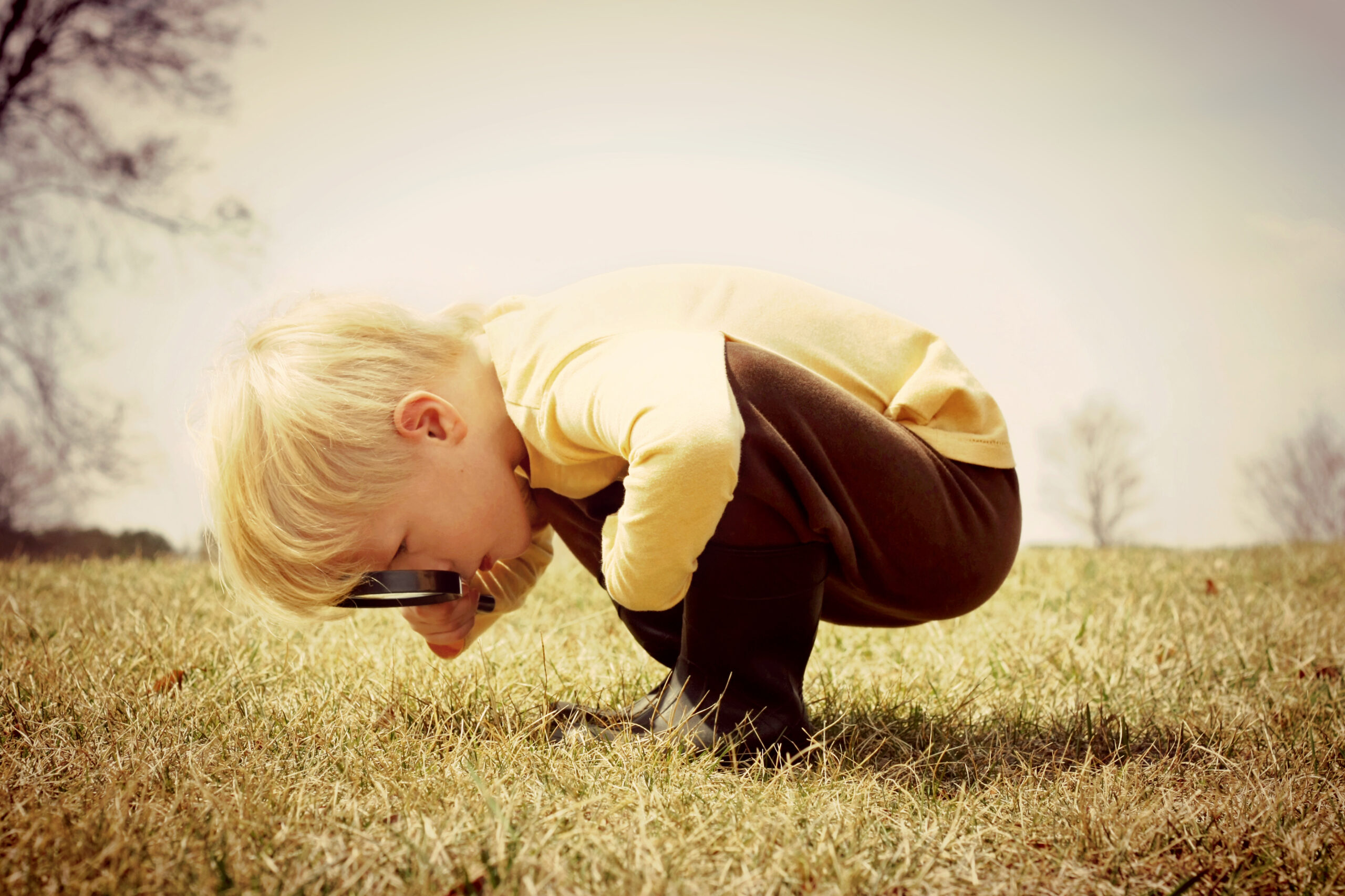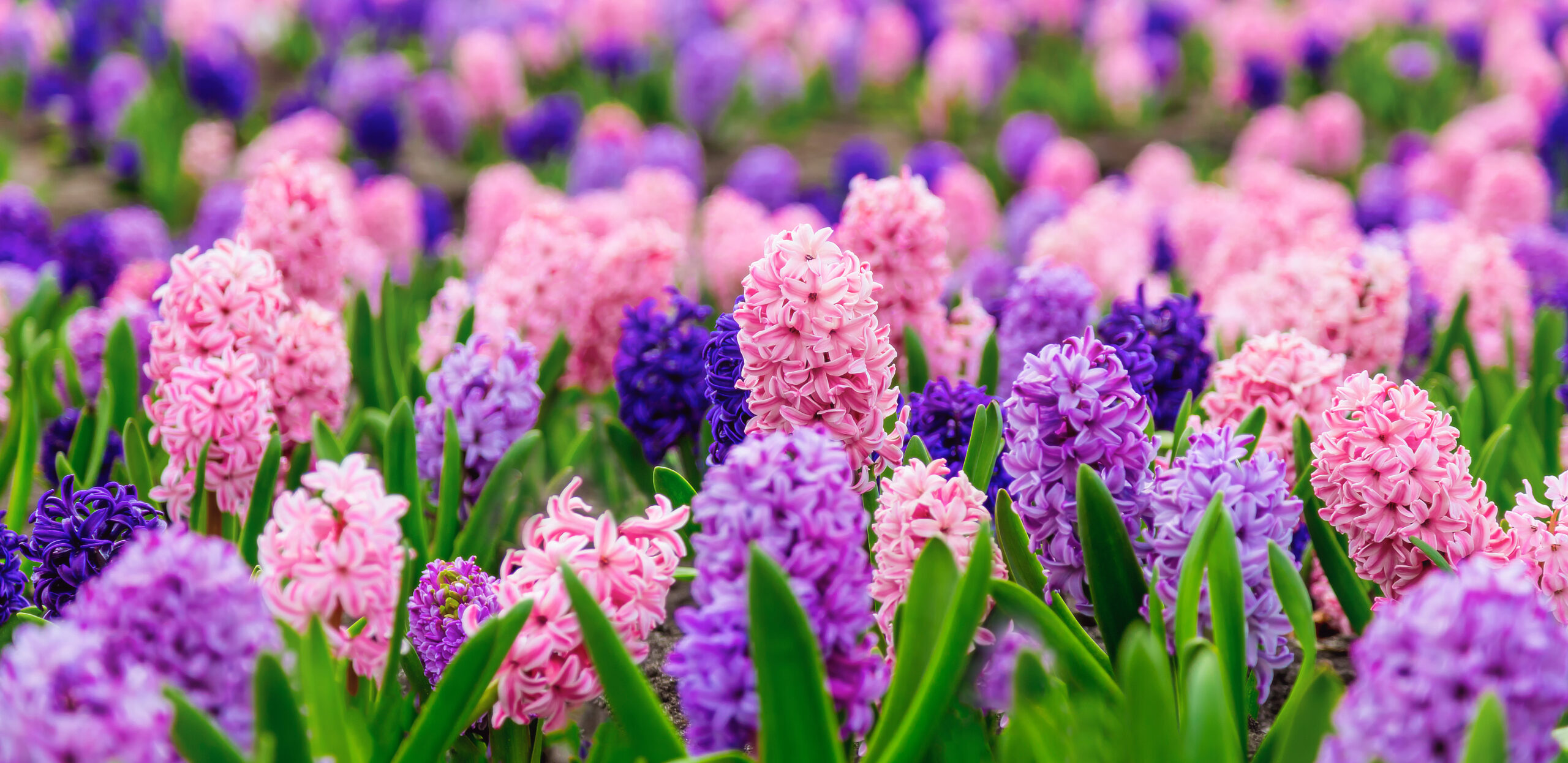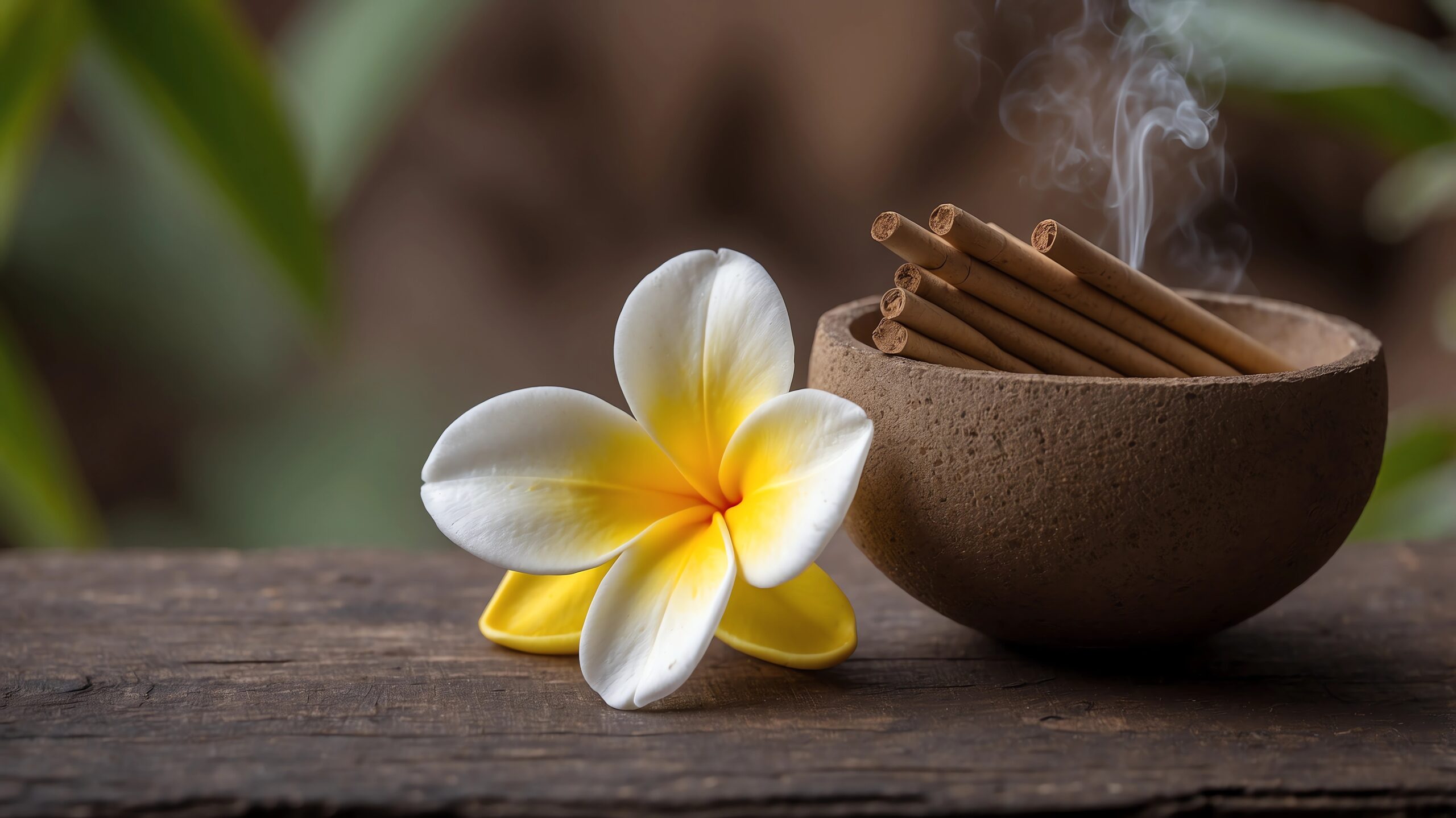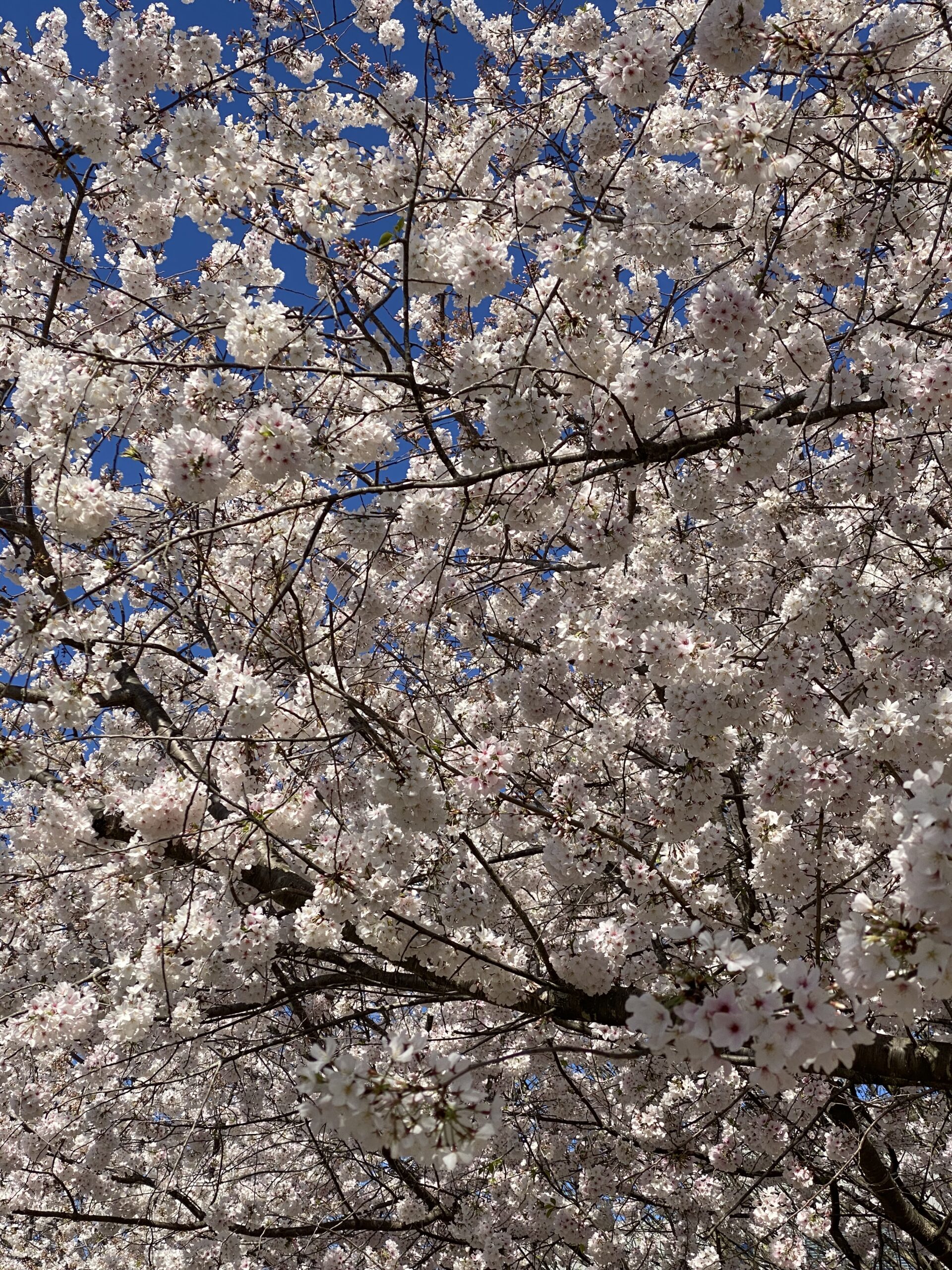Katie Steedly’s first-person piece [The Unspeakable Gift] is a riveting retelling of her participation in a National Institutes of Health study that aided her quest to come to grips with her life of living with a rare genetic disorder. Her writing is superb.
In recognition of receiving the Dateline Award for the Washingtonian Magazine essay, The Unspeakable Gift.
Enter your email here to receive Weekly Wide-Awake
Taking A Walk #6
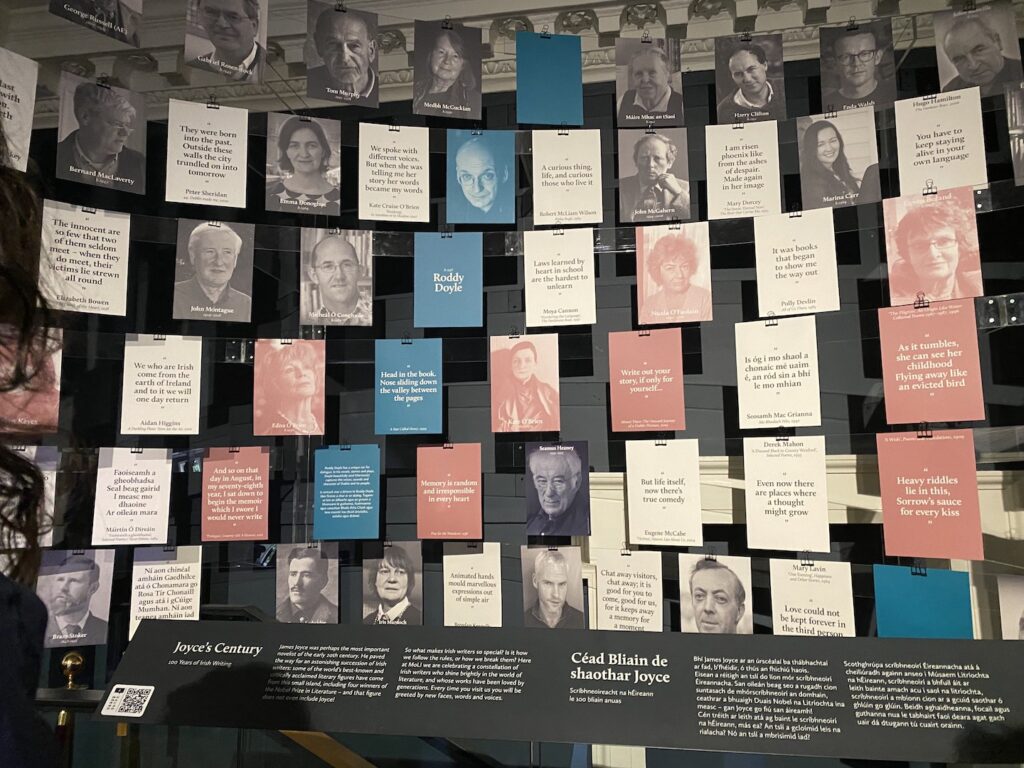
MoLI. Poetry. Language
It is National Poetry Month so my walks will take a literary turn. We will stroll through the Museum of Literature Ireland (MoLI). In August of 2024, I spent two weeks in Ireland. One day began at the MoLI. I have loved Irish writers forever. The novelists, poets, and playwrights I have read and watched through the years stir something deep in my soul. They sit square in the middle of sadness, fear, hopelessness, and isolation, and allow me to feel something else. I feel joy, reverence, belonging, connection, and more. The MoLI is a small museum next to St. Stephen’s Green Park. It houses a carefully curated collection of Irish writers’ works. It artfully walks visitors through Ireland’s literary history at an intentional, deliberate, lyrical, poetic pace. Visitors can watch film loops of Irish poets reading their poetry, read books written by Irish writers in a reading room, title the novel they have inside in a writing lab, follow a timeline of James Joyce’s tumultuous life, and have tea at a lovely garden side cafe. Indeed, the MoLi is a familiar and peaceful square inch of Dublin.
My April/National Poetry Month walk will focus on words from the MoLI walls.
If poetry and the arts do anything, they fortify your inner life, your inwardness.
Seamus Heaney
I embrace my inwardness. The parts of me that are soft and round and full. The parts of me that hold tightly and sweetly and kindly. The parts of me that resist the poison of comparison and blame and snark. The parts of me that are still and know. The parts of me that seek to understand more than to be understood. The parts of me that live toward the I am and the not yet. The parts of me that simply are both strength and weakness. The parts of me that are familiar and strange. The parts that breathe in peace and breathe out love. The parts that listen and see. The parts that full-throat sing. The parts that crawl and fly.
But we have our own language, the Irish, and we have the power to sing sweet music.
Augusta Gregory
I believe we each have ways we communicate beyond words. Cooking for and with others. Creating for and with others. Building for and with others. Spending time with others. Listening to others. Crying with others. Celebrating with others. Each language is learned and developed and shared over time.
On a late August Sunday afternoon in Dublin, Ireland, at the Brazen Head Public House — established 1198 — I experience my first traditional (“trad”) Irish music session. Trad Irish music is a language beyond words. It is part laughter, part tears, part wind, part water, and part secret. It is local and global and universal. It is ethereal and historical and romantic.
We walked in to the crowded pub in the middle of the set. Once the people around us realized we were not going to talk over the music, we were welcomed. We got the last seat at the bar and settled in with a pint of Guinness. We heard musicians playing flute, fiddle, tin whistle, uilleann pipe, accordion, concertina, bodhrán, guitar, mandolin, and more. We heard love ballads, anthems, and story songs. The session ended with everyone in the bar, arm-in-arm, singing the Monkees’ Day Dream Believer. (Even Day Dream Believer felt Irish being sung by that band, using those instruments, in that space.)
The Irish have their own language. They sing their own sweet music. We heard it coast to coast. We heard it in cities and towns. There was a sense everyone new the words in every space. Everyone knew the words and everyone invited us in and wrapped us in syllables and friendship, emotion and melody, in wind and whispers, like we had been friends more than a lifetime. That is the power of sweet Irish music.
You have to keep staying alive in your own language.
Hug Hamilton
I have worked hard to learn my own language. Our own language is not defined or constrained by syllables and words. Learning my own language has meant exploring my edge. Learning my own language has meant paying careful attention. Learning my own language has meant creating, creating, and creating. Learning my own language has meant speaking my desires into existence again, again, and again. Learning my own language has meant falling apart and back together again, again, and again. Learning my own language has meant forgiving again, again, and again.
Our language keeps us alive.
Let me explain. We live when we speak clearly. (Clarity happens as we speak our own language.) We live when we stand in our truth. (Our truth is only known when know our own language.) We live when we connect. (Connection happens in our own language.) We live when we love. (Love is our own language.)
Read Taking A Walk #1 here
Read Taking A Walk #2 here
Read Taking A Walk #3 here
Read Taking A Walk #4 here
Read Taking A Walk #5 here
About Katie
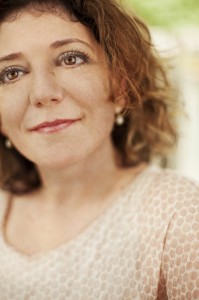
From Louisville. Live in Atlanta. Curious by nature. Researcher by education. Writer by practice. Grateful heart by desire.
Buy the Book!
The Stage Is On Fire, a memoir about hope and change, reasons for voyaging, and dreams burning down can be purchased on Amazon.

